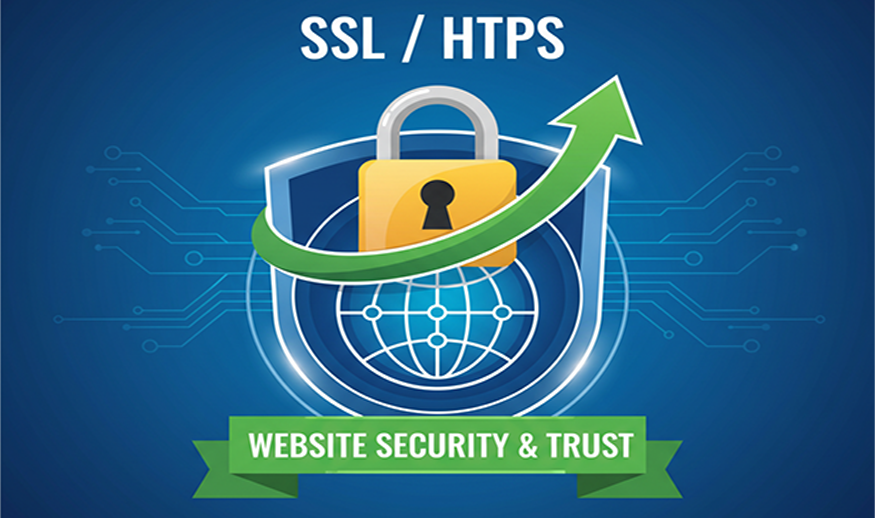
Importance of SSL / HTTPS for Websites
Security
- Encrypts sensitive data: SSL/HTTPS protects the personal and financial information your visitors send to your site, such as login credentials, credit card details, addresses, and medical records. If a site is not secured, this data is sent as plain text, making it vulnerable to interception by hackers.
- Guards against cyberattacks: HTTPS protects against "man-in-the-middle" attacks where criminals intercept and alter data being sent between a user and a website. This prevents malicious content from being injected into your site and stops attackers from eavesdropping on user activity.
- Ensures data integrity: The encryption provided by HTTPS also ensures that the data being sent and received is not tampered with during transit. The receiving server can verify that the data is exactly what was sent by the sender.
Trust and credibility
- Builds user confidence: When a user visits an HTTPS-enabled site, they will see a padlock icon and "https://" in the URL bar, which signals to them that their connection is secure. Without this, browsers display a "Not Secure" warning, which can deter visitors and drive away potential customers.
- Satisfies user expectations: In today's security-conscious digital landscape, users have come to expect secure browsing on all websites, not just those handling e-commerce or sensitive data. A secure website is a mark of professionalism and reliability.
- Compliance with standards: For any website that processes online payments, using HTTPS is mandatory to comply with Payment Card Industry (PCI) data security standards.
Search engine optimization (SEO)
- Ranking signal: Google officially announced in 2014 that HTTPS is a ranking signal. This means that websites with SSL/HTTPS are given a slight boost in search engine rankings compared to unsecured sites.
- Improved user experience metrics: Because secure sites build more user trust and avoid browser warnings, they generally see lower bounce rates and higher click-through rates (CTR). These positive engagement metrics can indirectly boost your site's position in search results.
- Enables modern web technologies: Certain advanced browser features, like geolocation, push notifications, and Progressive Web Apps (PWAs), require a secure HTTPS connection to function.
